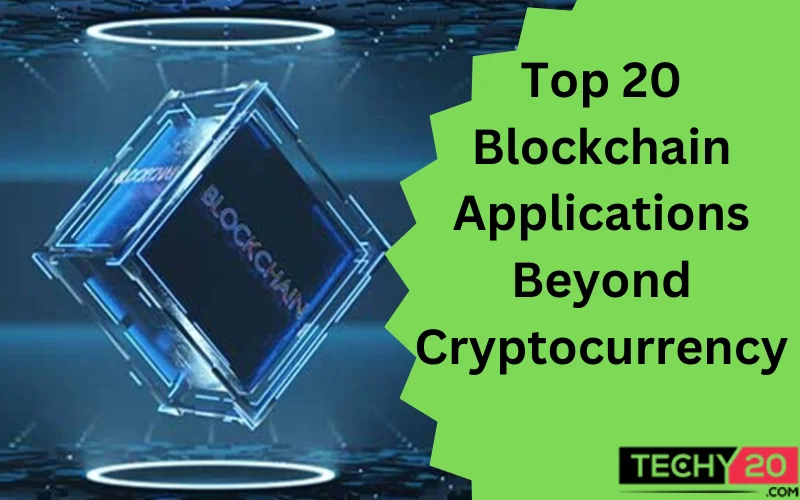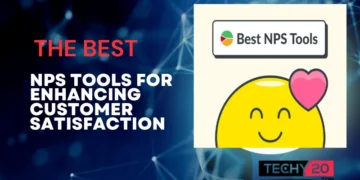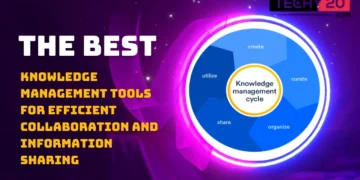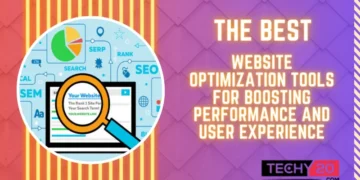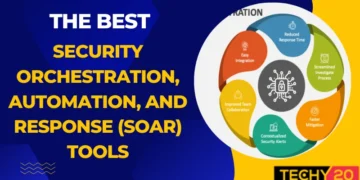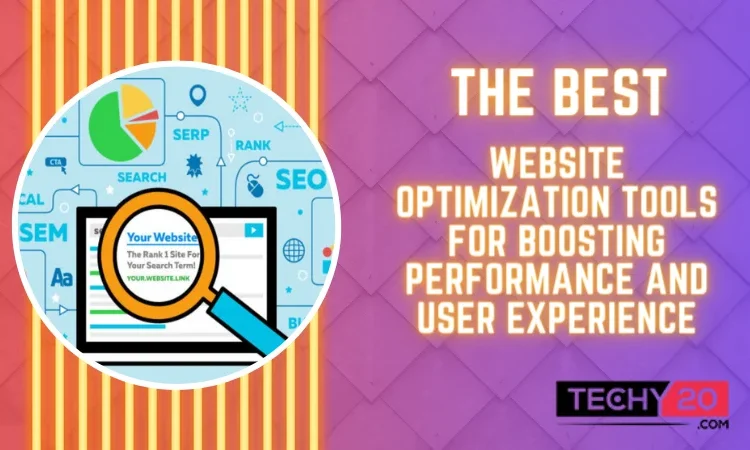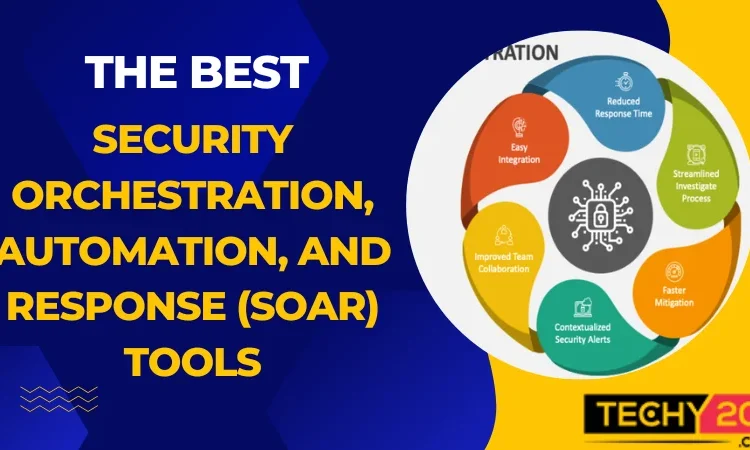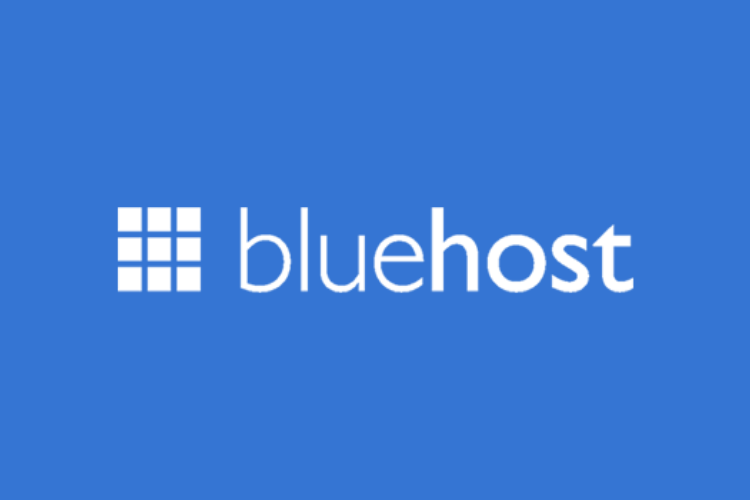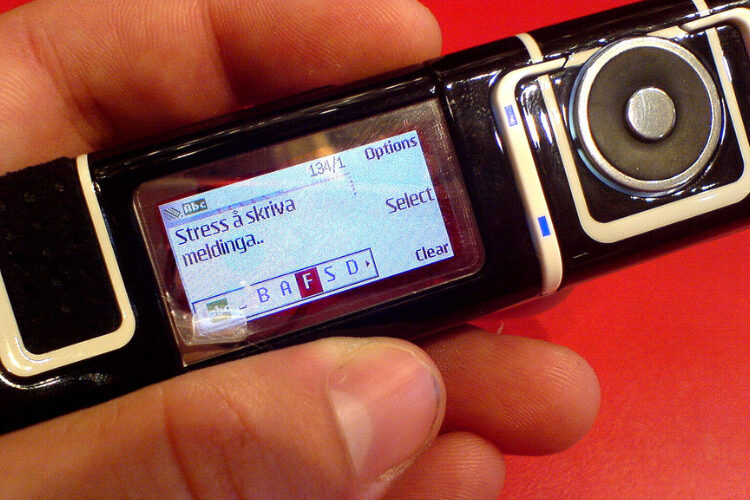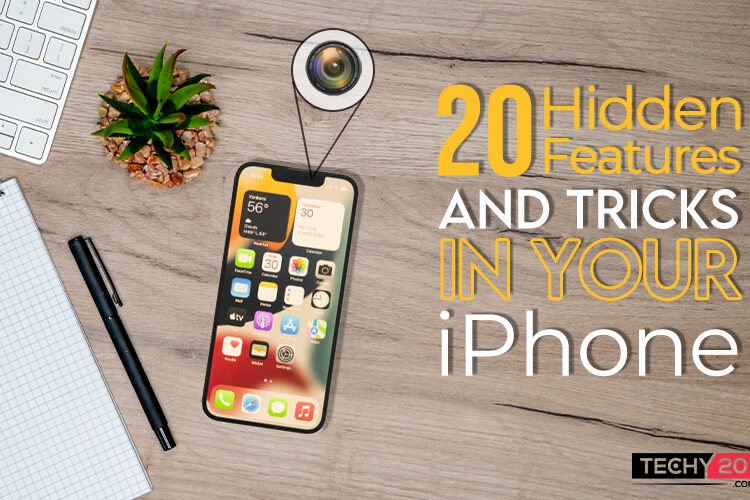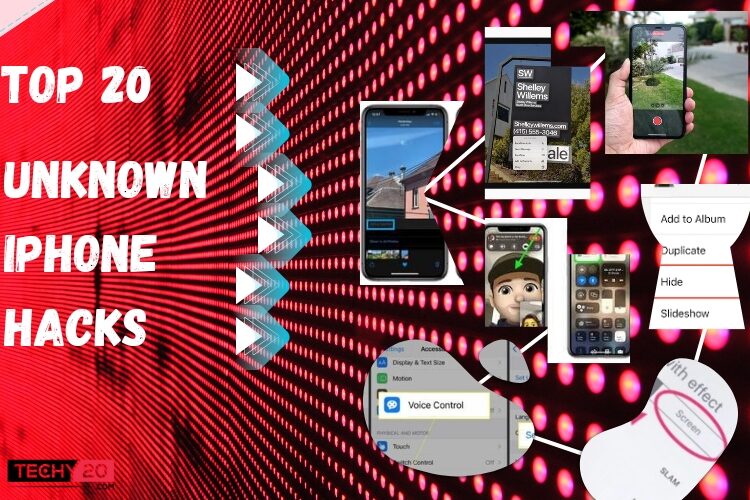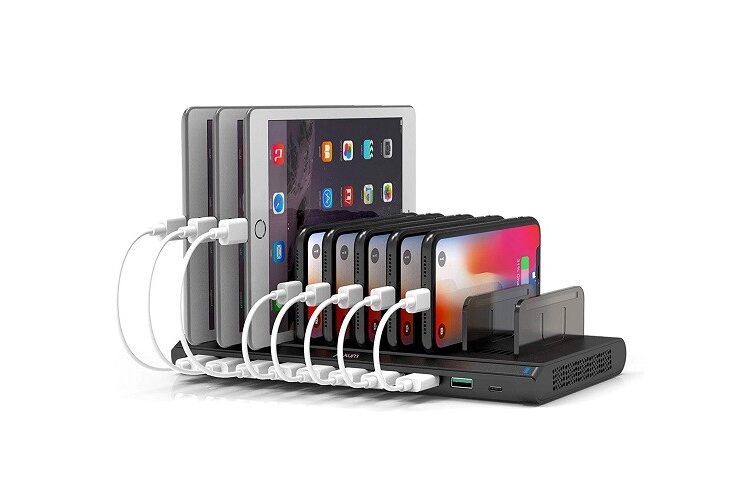Initially introduced as the underlying technology for cryptocurrencies like Bitcoin, blockchain technology has gained recognition for its versatility and potential to revolutionize industries. While cryptocurrencies continue dominating discussions, it is crucial to shed light on the applications beyond digital currencies. This article will explore 20 use cases of technology reshaping industries worldwide.
1. Supply Chain Management
The decentralized nature of blockchain allows transparency and traceability in supply chains. Companies can effectively reduce fraud by recording every transaction & movement of goods on the blockchain. Verify the authenticity of products. It not only fosters consumer trust but also streamlines operations. It Reduces costs in complex global supply chains.
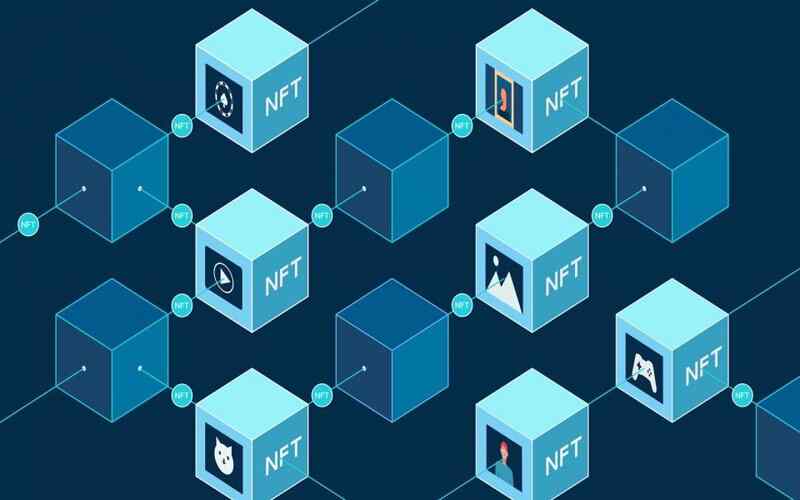
2. Healthcare
Blockchain offers an efficient means to store, manage, and share records. A blockchain-based system allows to seamlessly share medical records among healthcare providers while ensuring data integrity and patient privacy and reducing errors. Additionally, blockchain empowers patients with control over their health information by granting permission for access by parties when necessary.

3. Voting Systems
Blockchain provides a tamper-proof and transparent platform for voting systems, thereby increasing trust in the process. Votes can utilize blockchain features, eliminating the possibility of fraud or manipulation. Moreover, blockchain technology can enable voting, guaranteeing that all eligible voters can participate regardless of location.

4. Real State
In terms of estate, blockchain can transform the industry by streamlining and automating property transactions. Property transfers can be seamlessly executed through smart contracts, reducing paperwork and eliminating intermediaries. Blockchain also facilitates property records and ownership transfers, minimizing fraud and disputes and enabling a more efficient and transparent real estate market.

5. Managing Identity
Blockchain technology offers a decentralized solution for managing identity. It allows individuals to control their data and reduces identity theft risk. By using blockchain-based identity solutions, individuals can securely manage their credentials. Please share them with trusted parties, eliminating the need for centralized identity providers.
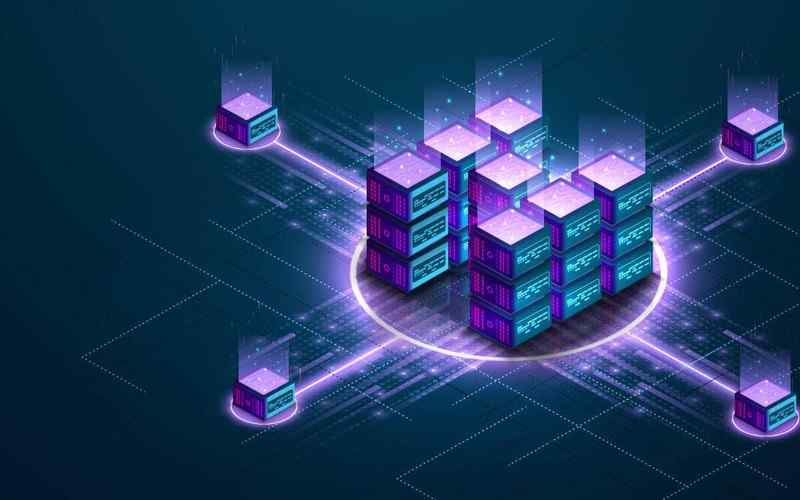
6. Safeguarding Copyrights
Artists and creators can utilize technology to establish and protect their intellectual property rights. Artists can prove ownership by storing copyright information and timestamps on a blockchain. It prevents use while enabling licensing agreements and fair compensation arrangements.
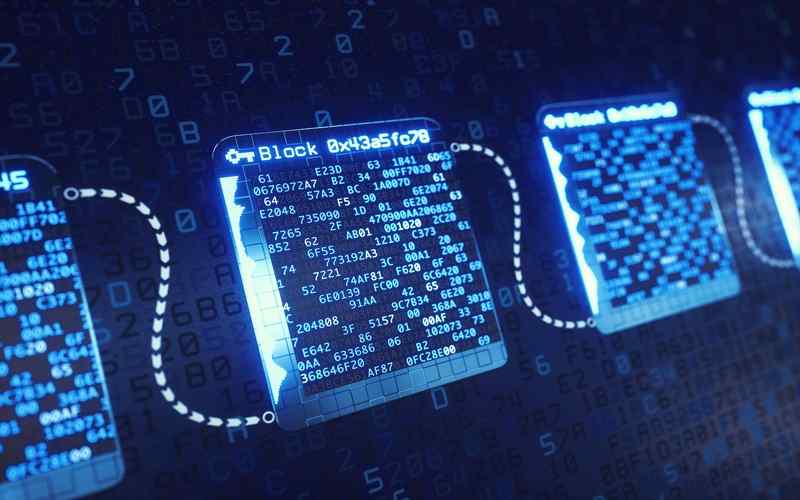
7. Energy Exchange
Blockchain enables peer-to-peer energy trading, eliminating the need for intermediaries. It facilitates secure transactions between energy producers and consumers, allowing individuals and organizations to buy or sell energy directly from one another. Additionally, blockchain can optimize energy grid management, leading to the distribution and utilization of energy resources.

8. Managing Intellectual Property
Blockchain provides a transparent platform for managing intellectual property rights. By recording ownership details and licensing information on the blockchain, it becomes easier to track & enforce intellectual property rights effectively. This process can help avoid any issues related to copyright violation and make the management of patents, copyrights, and trademarks more efficient.

9. Transparency
Another advantage of using technology in supply chain financing is that it enables transparency and real-time monitoring of transactions across the supply chain. Lenders can utilize this information to evaluate the creditworthiness of businesses and offer funding in a manner. By leveraging blockchain, small and medium-sized enterprises (SMEs) can access previously inaccessible financing due to a lack of transparency in traditional supply chain financing.

10. Charity And Aid
Technology has the potential to transform the charity and assistance industry completely. It guarantees the efficient distribution of contributions and assistance. Donors can feel assured that their gifts are as intended because transactions are on the blockchain. It reduces overheads and minimizes corruption, ensuring that aid reaches those needing it.

11. Insurance
Incorporating technology into the insurance industry brings benefits, such as streamlining claims processes and reducing paperwork. Smart contracts can automate claim processing based on predefined conditions, diminishing the need for intervention. Furthermore, blockchain provides a platform for verifying and sharing insurance-related information, thereby minimizing activities and enhancing risk assessment.

12. Gaming
With the introduction of technology, gaming ecosystems become more secure and transparent. By establishing ownership and scarcity of in-game assets on the blockchain, players gain the privilege of their virtual items while also being able to trade them securely. It enriches the gaming experience. It Opens up economic opportunities within the gaming industry.

13. The Music Industry
Blockchain can transform the music industry by enabling transparent rights management and fair distribution of royalties. Recording music rights and transactions on the blockchain allows artists and creators to ensure compensation while reducing disputes.

14. Real Estate
Furthermore, blockchain technology has the potential to enable engagement between artists and their fans, bypassing intermediaries and fostering a genuine and transparent connection. By representing assets like real estate, artwork, or commodities as tokens on the blockchain, individuals can invest in these assets with lower barriers to entry. Asset tokenization also increases liquidity and transparency in traditionally illiquid markets.

15. Legal Contracts
Brilliant contracts based on technology offer an efficient and transparent alternative to traditional legal agreements. These self-executing contracts automatically fulfill predefined conditions. By executing contracts on the blockchain, parties can reduce their reliance on intermediaries. Ensure the integrity and enforceability of agreements.

16. Government Services
Governments can leverage technology to enhance public services’ efficiency, transparency, and security. Blockchain can streamline tax collection processes, making them more transparent and efficient. It can also improve land registration systems by reducing disputes and ensuring verification of ownership. Moreover, blockchain can introduce transparency and fairness in public procurement processes, eliminating corruption risks.
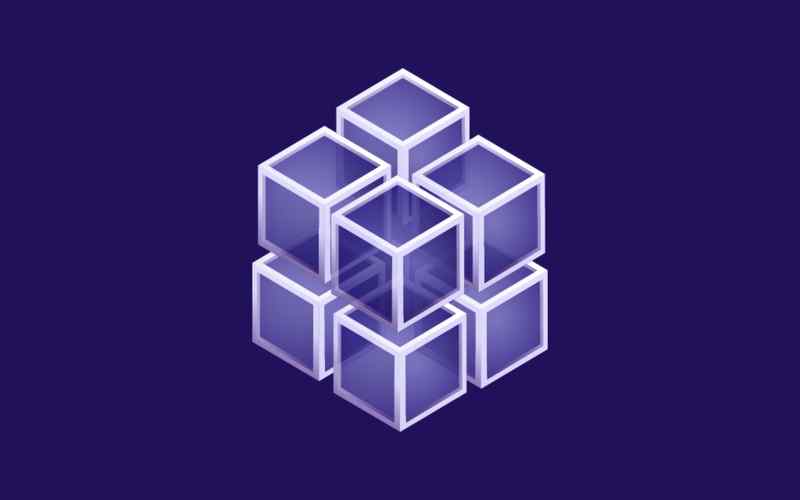
17. Intellectual Property Licensing
Blockchain simplifies the licensing and royalty payment procedures in the content industry. By recording licenses and tracking usage on the blockchain, content creators can ensure the monitoring of royalties and transparent distribution of payments. It helps safeguard the rights of creators while providing transparency for consumers.
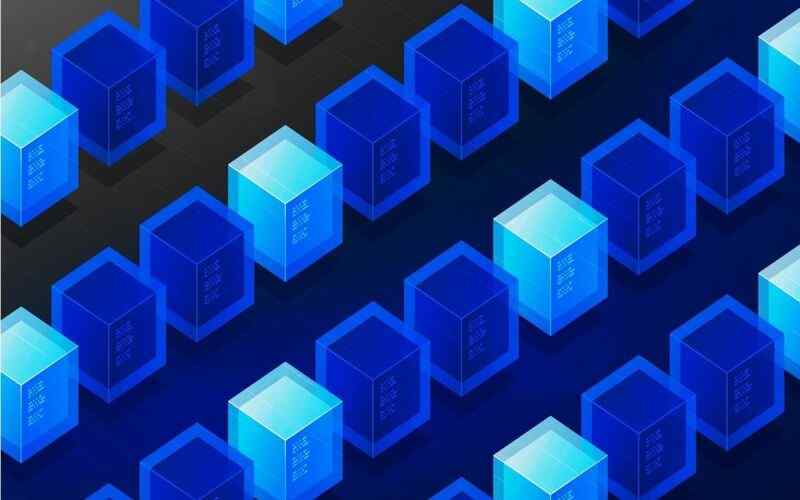
18. Data Integrity
Blockchain offers storage that ensures data integrity without tampering with information concerns. By encrypting and distributing data across the network, this technology eliminates the need for an authority for data storage. It improves the security and reliability of data while also ensuring no vulnerabilities or instances where data could be compromised.

19. Agriculture
Utilizing technology in the agriculture industry can improve the ability to track and authenticate products. By documenting and validating the transportation of goods on the blockchain, consumers can have confidence in knowing the source & quality of their food. Blockchain can also streamline supply chain processes in agriculture, reducing fraud and ensuring food safety.
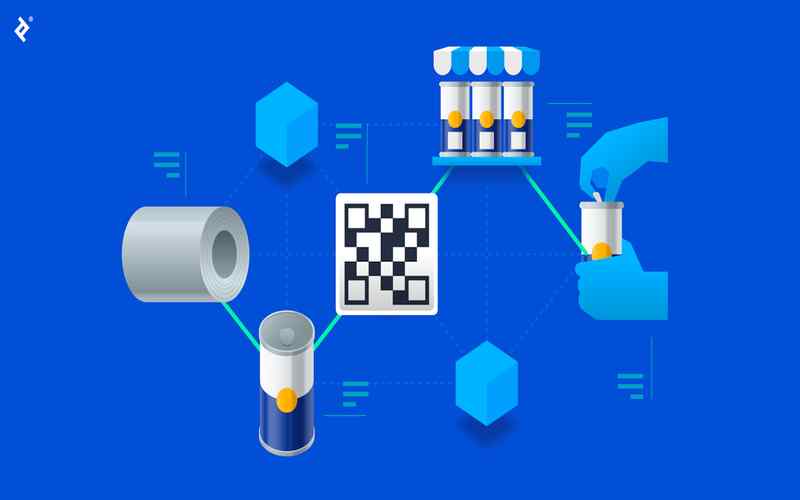
20. Educational
Educational qualifications can be secure. They were verified using technology. It allows individuals to easily share their verified credentials with employers and educational institutions, simplifying the verification process and reducing instances of qualifications. As a result, trust in achievements increased.

Conclusion
Blockchain technology has applications that go beyond cryptocurrency. It is revolutionizing industries like supply chains, healthcare, voting systems, and real estate by bringing transparency, enhancing security measures, reducing costs, and streamlining processes. As businesses and governments continue to explore and adopt solutions, the immutability and decentralization offered by this technology have the potential to shape an efficient and secure future across various sectors. Embracing blockchain opens up possibilities. It sets the stage for a decentralized world that is interconnected.

